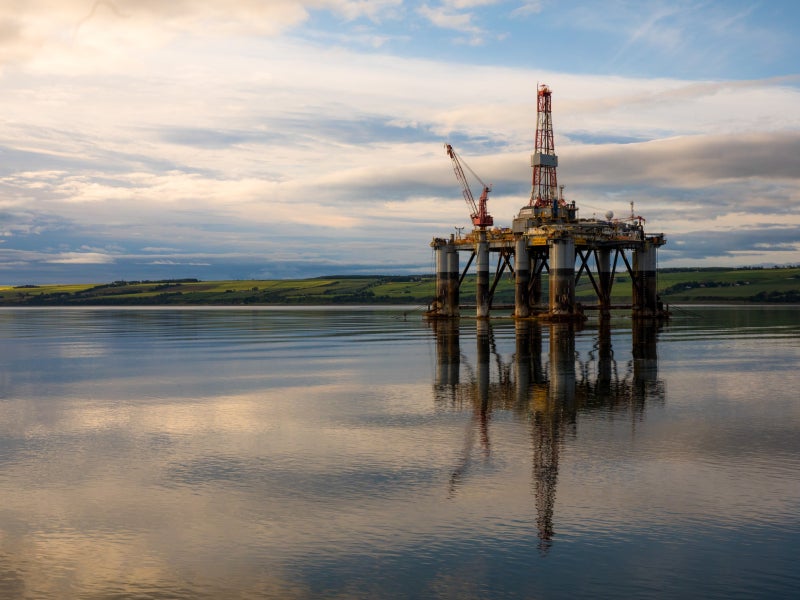
The UK launched a 33rd licensing round for companies to explore oil and gas in the North Sea on 7 September.
The North Sea Transition Authority (NSTA) seeks proposals for licenses to potentially develop 898 North Sea blocks and part-blocks, which could result in authorisation for over 100 licenses.

Discover B2B Marketing That Performs
Combine business intelligence and editorial excellence to reach engaged professionals across 36 leading media platforms.
The NSTA has identified four priority cluster areas in the southern North Sea with known hydrocarbons near the existing infrastructure.
It will attempt to license these areas ahead of others to encourage quick production. Applicants can bid on these regions as soon as possible, where manufacturing may begin.
The application period opens from early October to 12 January 2023 at 14:00 hours GMT, when applicants can analyse the opportunities and submit applications. NSTA will likely give the first licenses in the second quarter of 2023.
According to an NSTA analysis, the average time between discovery and first production is close to five years and is falling, as the UK looks to secure a reliable domestic energy source.

US Tariffs are shifting - will you react or anticipate?
Don’t let policy changes catch you off guard. Stay proactive with real-time data and expert analysis.
By GlobalDataAcreage will be available in Shetland, the northern North Sea, the central North Sea, the southern North Sea, and the east Irish Sea.
“Environmental and emissions assessments”
Dr Andy Samuel, NSTA chief executive, said: “All developments undergo environmental and emissions assessments. We worked with the industry to cut flaring again in 2021 by 20%, saving enough gas for 130,000 UK homes.
“Security of supply and net-zero should not conflict,” he continued. “The industry has committed to halving upstream emissions by 2030 and investing heavily in electrification, carbon storage and hydrogen,” Samuel says.
However, climate activists say the government’s plans to acquire more oil and gas from the North Sea contradict its goal to achieve net-zero carbon emissions by 2050.
The UK Government has lifted the temporary ban on shale gas production in England and reaffirmed its support for a new round of oil and gas licensing on 22 September.
Indeed, according to the Financial Times, Greenpeace claimed the latest licensing round was potentially “unlawful” and that it would file a legal challenge.
Philip Evans, energy transition campaigner for Greenpeace UK, said: “New oil and gas licences won’t lower energy bills for struggling families this winter or any winter soon nor provide energy security in the medium term.”
NSTA claims the new licensing round could bolster the UK’s energy security after the Russian invasion of Ukraine.
Business and energy secretary Jacob Rees-Mogg said: “Ensuring our energy independence means exploiting the full potential of our North Sea assets to boost domestic production, recognising that producing gas in the UK has a lower carbon footprint than importing from abroad.”
“New licences and, more importantly, more fossil fuels solve neither of those problems but will make the climate crisis even worse.
“Supporting the oil and gas giants profiteering from the energy and climate crises ignores the speedy solutions that are best for the economy, for lowering bills and for the climate,” Evans said.





